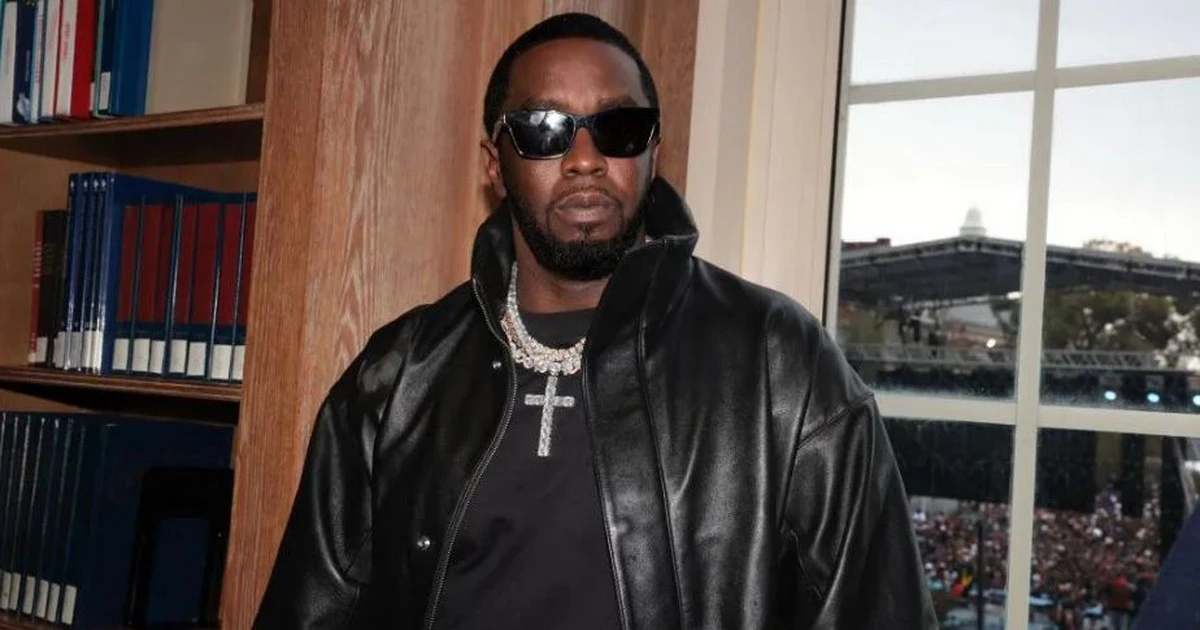The courtroom drama surrounding Sean “Diddy” Combs has taken yet another turn as Tyrone Blackburn, the lawyer representing Rodney “Lil Rod” Jones, scores a significant legal victory against Universal Music Group (UMG). This development adds another chapter to the swirling legal troubles of the music mogul, who has faced a litany of lawsuits and accusations in recent months.
Here's ads banner inside a post
Legal Troubles Pile Up for Diddy
Sean Combs, known for his iconic contributions to the music industry, has recently become a lightning rod for controversy. In September, Diddy was arrested on charges related to alleged sex trafficking and racketeering, sparking a cascade of legal woes. Adding to the turmoil, several lawsuits have been filed against him, alleging sexual assault, abuse, and misconduct.
One such case was brought by Rodney “Lil Rod” Jones, a producer who collaborated with Diddy on The Love Album: Off the Grid. However, Jones didn’t just name Combs in his lawsuit; the legal claim also implicated Universal Music Group (UMG), its CEO Sir Lucian Grainge, and Motown Records’ former president Ethiopia Habtemariam, alleging business connections to the alleged misconduct.
While the claims against Grainge and Habtemariam were later voluntarily retracted by Blackburn due to insufficient evidence, UMG sought to penalize the attorney. They accused him of using baseless allegations as a weapon to damage reputations.
Here's ads banner inside a post
Judge Rules in Blackburn’s Favor
In a significant decision, U.S. District Judge J. Paul Oetken ruled in favor of Blackburn in Manhattan, stating there was no basis to impose sanctions on the attorney. Judge Oetken noted that Blackburn’s decision to withdraw the claims against Grainge and Habtemariam showed integrity rather than bad faith.
“The lack of legal merit in the withdrawn claims does not establish malice or an intent to misuse the judicial process,” Oetken stated in his ruling. He further emphasized the importance of protecting attorneys willing to take on challenging cases involving sensitive allegations. “To impose sanctions in this context would risk discouraging attorneys from taking on sensitive cases involving serious allegations,” the judge added.
The ruling marks a critical win for Blackburn as he navigates the treacherous waters of high-profile litigation. It also sends a strong message about the judiciary’s willingness to safeguard the right to pursue justice, even in complex and controversial cases.
Here's ads banner inside a post
Diddy’s Legal Woes Intensify
This courtroom win for Blackburn comes at a time when Diddy’s legal troubles seem to be mounting. Just days ago, the music mogul was hit with three additional lawsuits, all filed by alleged victims who accuse him of drugging and sexually assaulting them. These new claims have only added fuel to the fire, as Diddy’s legal team vehemently denies the allegations.
“These complaints are full of lies,” a representative for Diddy told TMZ following the lawsuits. “We will prove them false and seek sanctions against every unethical lawyer who filed fictional claims against him.”
The Bigger Picture
The victory for Tyrone Blackburn not only vindicates his handling of the case but also raises broader questions about how the legal system approaches cases involving high-profile individuals. As Blackburn’s win illustrates, courts must strike a delicate balance between encouraging attorneys to tackle serious allegations and preventing the misuse of the judicial process.
Meanwhile, Diddy’s reputation remains in the spotlight. Once celebrated as a titan of the music industry, he now finds himself embroiled in allegations that threaten to overshadow his legacy. Whether these claims hold merit or ultimately collapse under scrutiny remains to be seen. For now, one thing is certain: the legal battles surrounding Sean Combs are far from over.
As the cases progress, they will undoubtedly shape not only the lives of those involved but also the public discourse surrounding power, accountability, and justice in the entertainment industry.

